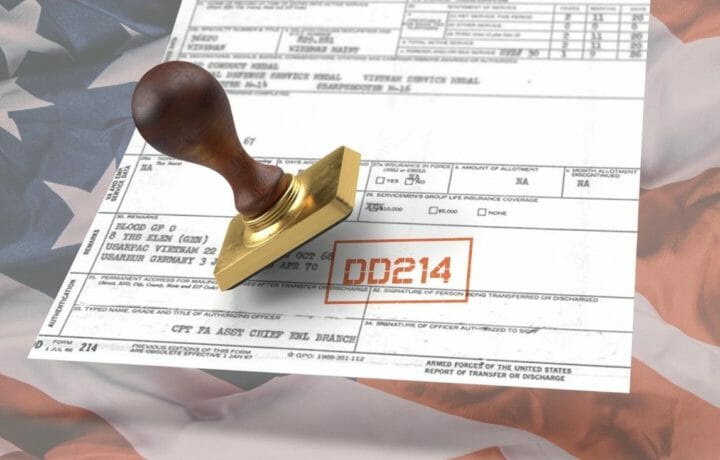I have heard veterans refer to being hired as a “token veteran” but was not completely aware of what that felt like until I became one myself. When someone refers to being a “token veteran” that implies they were simply hired as a PR play or to shore up good will. The veteran is considered a great hire to add to the books and to factor into their contribution to “hiring a veteran,” but the company is not necessarily interested in their skills or abilities. The hire is more about their service-affiliated accouterments.
Why do employers hire token veterans? From personal experience, it seems like a push to make their organization look veteran friendly and to allege that they have done their part by hiring a veteran. Oftentimes, those that seek out a token veteran have an ulterior motive in doing so. The employer can enjoy the benefits of writing the veteran off as a tax break all the while pledging their veteran hiring status through their local business chamber. Most of the time, the token veteran job candidate is unaware of the employer’s intentions until after they are hired and realize that they are not seen as a formidable colleague but another shiny thing on the wall to be admired.
Token Veteran Experience
I was working for a well-known non-profit organization that hired me specifically because of my insight and experience with the military and veteran community. At first, it seemed as if there was great respect for what I have experienced and my professional background. Shortly after the hire, I realized my thoughts on topics were being used as stories for others in the company to share. My words were becoming a sales tactic to lure in potential donors. Now had I been the one to share my stories first-hand, then this would not seem to be as problematic as it became. What I learned with this organization is that they were not so much interested in me leading the initiative that I was hired for but being a “token veteran” to attract potential donors. The more that I realized that I was not there to solve the problems of the community but to pull in donations, the more evident it became to me that I had become the token veteran.
How to Detect PR Moves
While there may be no clear indicator of how to best detect which organizations may be looking for a token veteran and not a true contributor, there are instinctual indicators that have served me well. When I look back at this interview, there were a lot of people involved in the hiring process. I was being passed around between multiple levels of leadership over two months before I received an offer. I recalled having discussions with the leadership team, which were all civilians and I had wondered if there was a genuine connection.
In the end, the organization showed its true colors when I began to document some uncomfortable dynamics at work and reached out to the leadership team for assistance. The very next day, I was let go of my job and told that because I sent a letter and asked for help, the leadership team was upset and wanted me fired. When you are seen as a “token veteran” and not valued as a true equal in the workplace, it is all too easy to be replaced with the next applicant.



